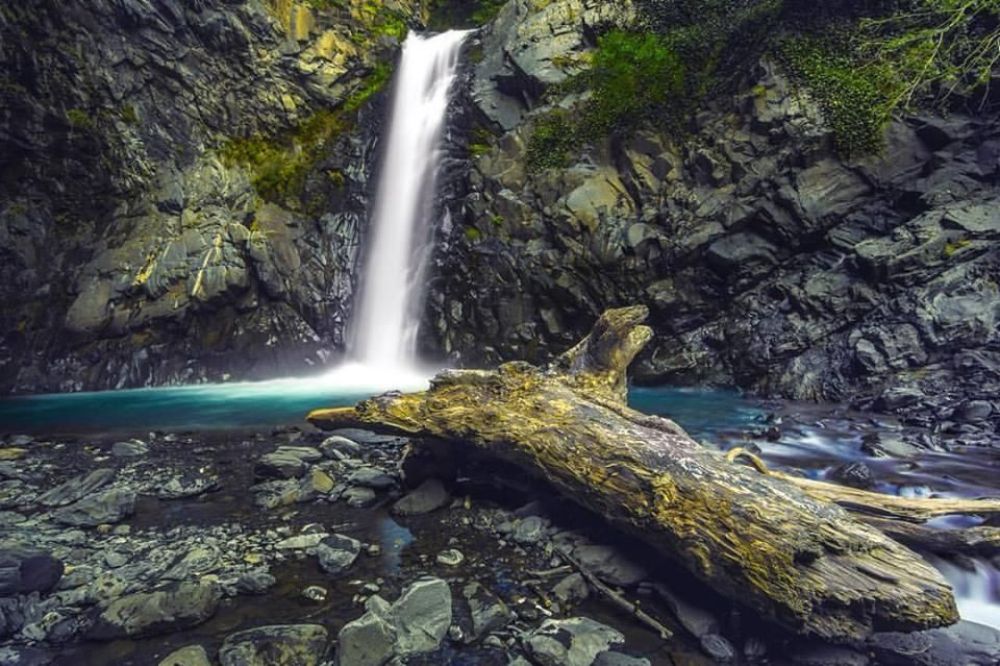

Established in 1929, the Zaqatala State Reserve is one of Azerbaijan’s oldest and most esteemed nature reserves. Nestled in the Caucasus Mountains, it has long been a haven for biodiversity and conservation efforts. In historical perspective, the reserve has gradually gained attention for its unique ecological value and scenic beauty, positioning it as a noteworthy destination for eco-tourists and nature enthusiasts.
Throughout the Soviet era, Zaqatala, like many other natural zones in the USSR, saw a rise in organised tourism, where visitors were introduced to the natural wonders under a regulated system. After Azerbaijan regained independence in 1991, the reserve's potential for tourism started to be tapped more earnestly. Efforts to promote Zaqatala as a tourism destination have been part of a broader initiative to diversify Azerbaijan's economy and showcase its natural heritage.
In more recent years, Zaqatala State Reserve has catered to a global audience seeking authentic and untouched nature experiences. Visitors to the reserve can enjoy a vast array of activities, including bird watching, hiking, and exploring the rich flora and fauna. The reserve is home to species such as the Caucasian red deer, brown bear, and lynx, making it a particularly exciting destination for wildlife enthusiasts.
Ecotourism has become the latest trend in the area, with an emphasis on sustainability and environmental responsibility. Tourists are encouraged to tread lightly and respect the untouched vistas and the cultural heritage of local communities residing near the reserve.
Preservation efforts within the Zaqatala State Reserve are crucial, and tourism plays an intricate role. The reserve management works closely with various stakeholders to ensure that tourism has a minimal environmental impact. Sustainable tourism practices such as limiting visitor numbers, promoting off-season travel, and offering educational tours have been implemented to maintain the reserve's integrity.
The Azerbaijani government and environmental organizations have been pivotal in crafting policies that balance the need for economic development with environmental conservation. These efforts have positioned Zaqatarla as a model of sustainable tourism in the region.
As global travel patterns evolve, Zaqatala is likely to become an increasingly popular destination for those seeking solitude and a deep connection with nature. The potential for agritourism is also significant, with visitors showing growing interest in the local culture and traditional agricultural practices.
Investment in infrastructure and facilities continues to grow, aimed at enhancing the visitor experience while ensuring environmental preservation. With a thoughtful approach to tourism management, Zaqatala State Reserve is set to remain one of Azerbaijan's treasured natural jewels.